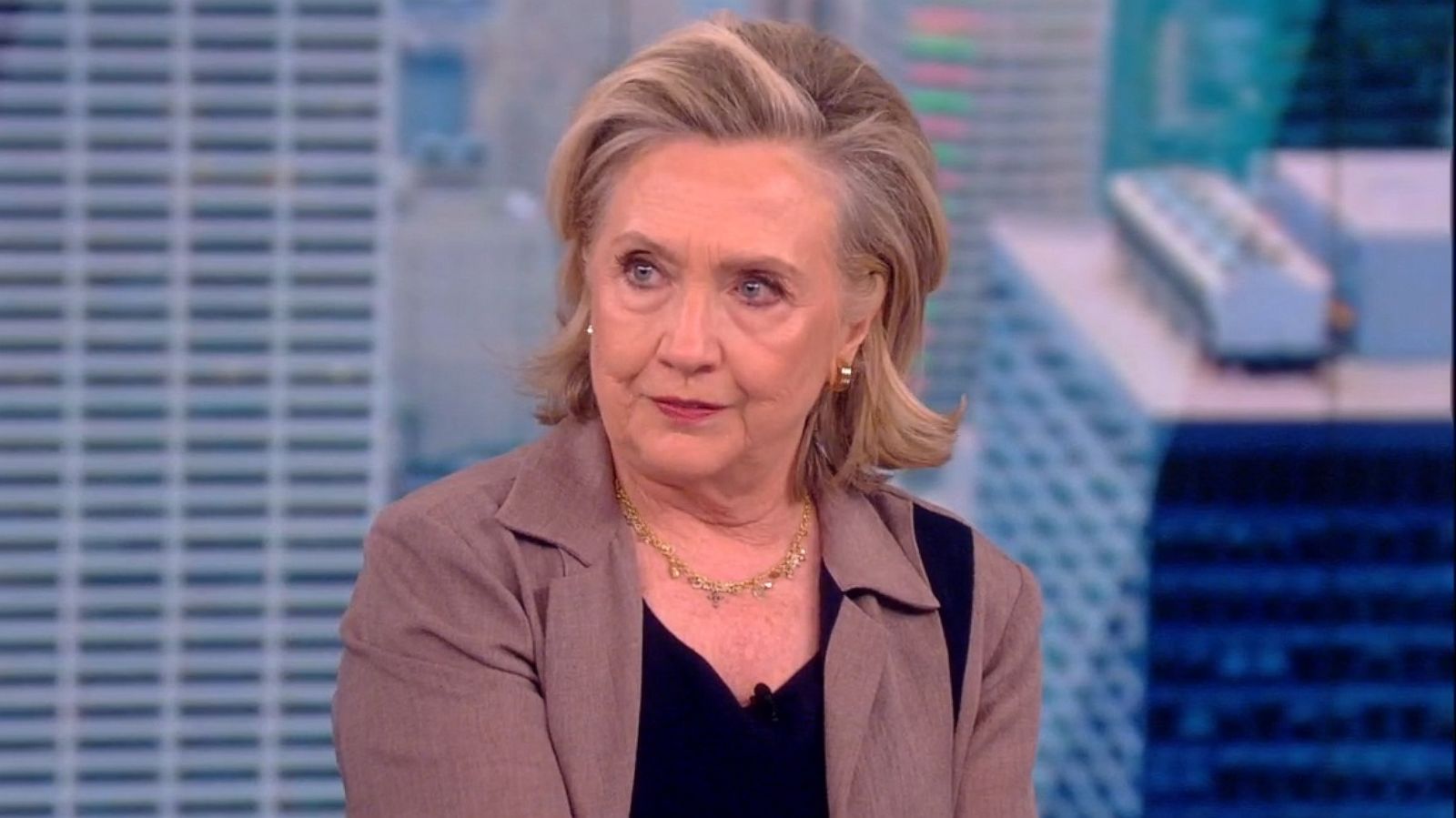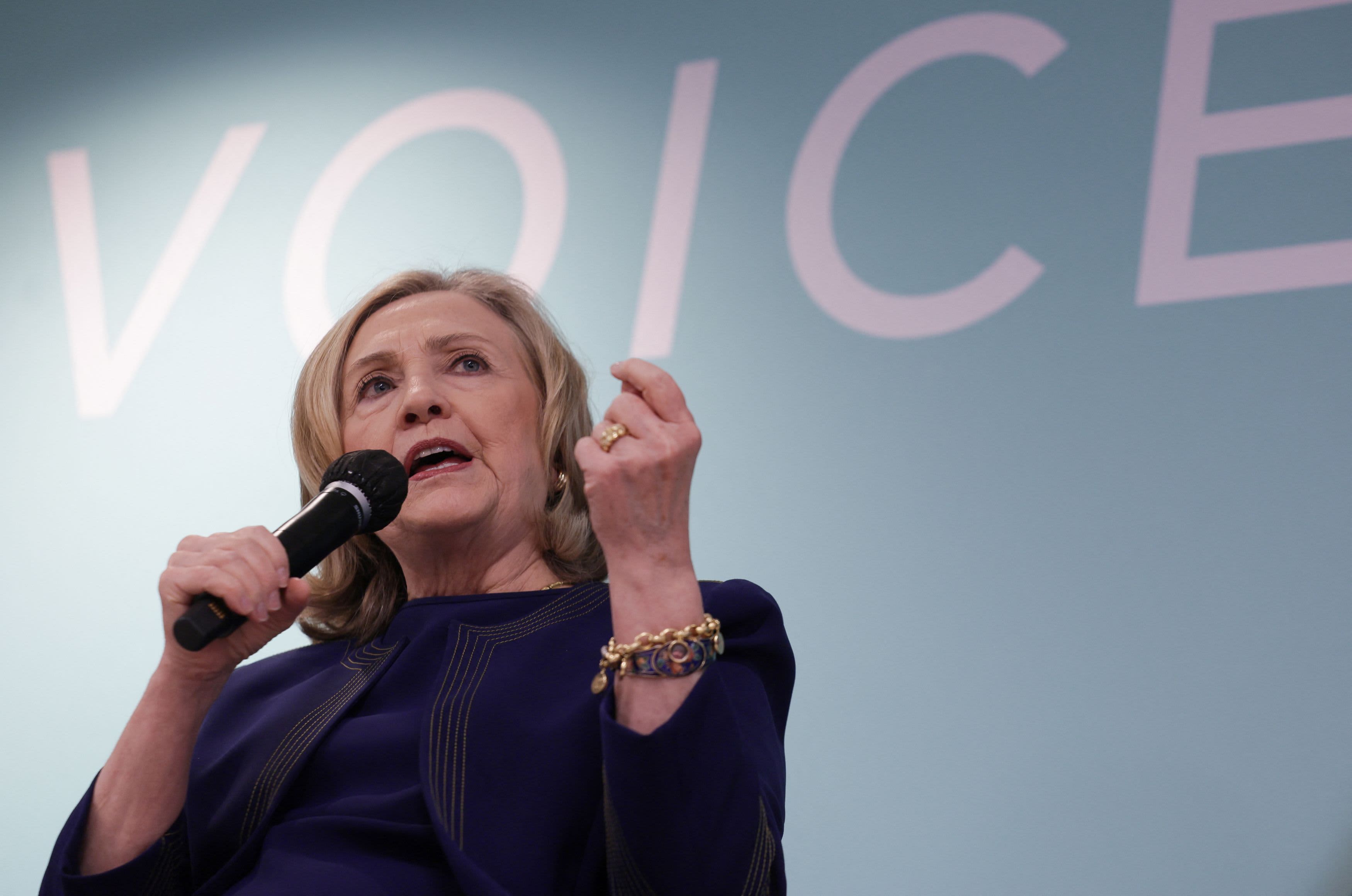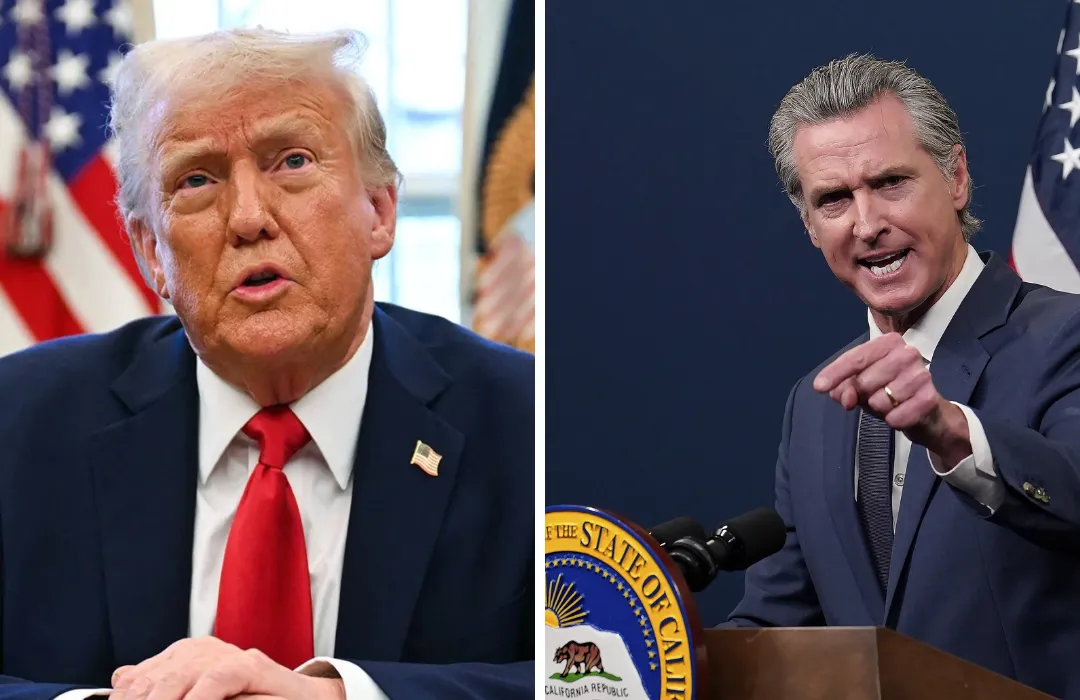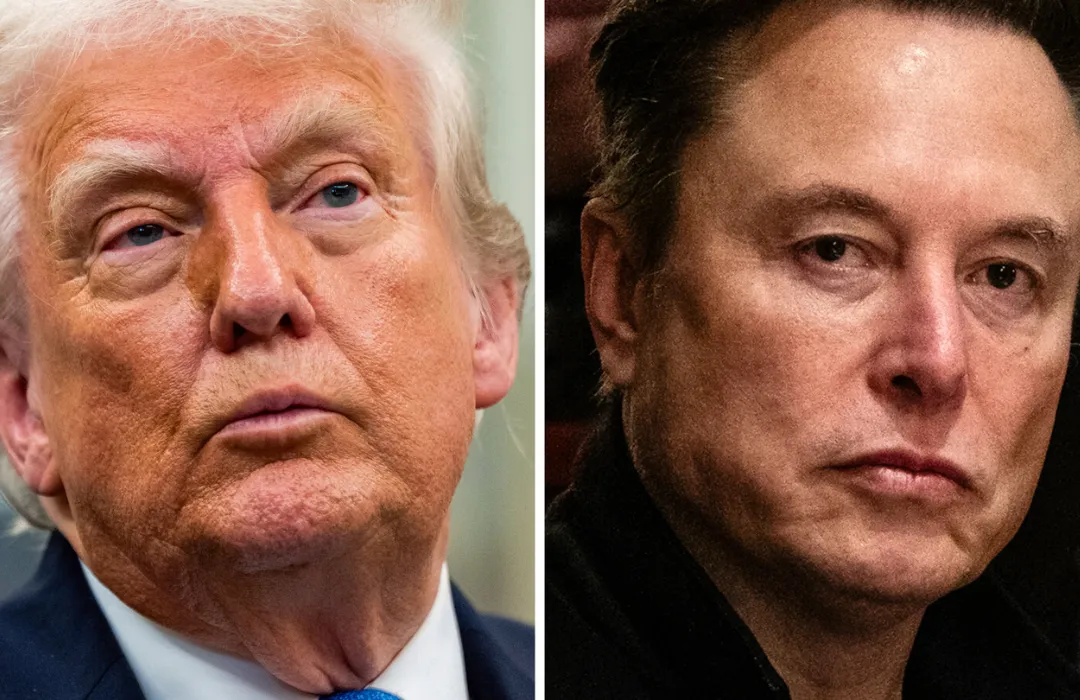
Hillary Clinton’s effort to take down a well-known MAGA influencer has come to an end after a federal appeals court overturned his conviction. On Wednesday, the 2nd U.S.
Circuit Court of Appeals in Manhattan ruled in favor of Douglass Mackey, deciding to throw out the conviction that had made headlines since his initial trial. Mackey had been accused of attempting to suppress Democratic voter turnout during the 2016 presidential election by sharing misleading posts on social media.
The decision from the federal court marks a significant turn in a case that many saw as an example of political speech being put on trial. The appeals court ordered a lower court to acquit Mackey of all charges, concluding that there was not enough trial evidence to support the claims that he intended to interfere with the election. This ruling was seen by many as a victory for free speech and a check against attempts to criminalize political commentary online.
Mackey, 36, was convicted in March 2023 in a federal court in Brooklyn. He faced charges of conspiracy against rights, stemming from his social media posts during the 2016 election season.
At the time, Mackey posted several memes that jokingly suggested that supporters of Hillary Clinton could vote by text message or by posting on social media.
One of the most cited memes showed a woman in front of a sign that read “African Americans for Hillary,” with text encouraging people to “Avoid the Line. Vote from Home. Text ‘Hillary’ to 59925.”
Prosecutors argued that Mackey and others conspired between September and November 2016 to spread these misleading posts, allegedly to confuse and mislead Clinton voters.
The government claimed that as many as 5,000 people actually sent a text as instructed by the memes. However, the court later acknowledged that almost all of these individuals received an immediate automated response clarifying that the text service was not affiliated with the Clinton campaign.

After the appeals court ruling, Mackey expressed his joy and relief on social media. Posting on X, formerly known as Twitter, Mackey wrote, “HALLELUJAH!” He went on to thank God, his family, his wife, his legal team, and all his supporters who stood by him during his legal battle. Mackey also hinted at possible legal action to address the damage caused by his conviction.
One of Mackey’s lawyers on appeal, Yaakov Roth, was instrumental in securing the victory. Interestingly, Roth now serves as the principal deputy assistant U.S. attorney general in charge of the Justice Department’s Civil Division, adding an unexpected dimension to the case’s developments.
The 2nd Circuit’s three-judge panel carefully examined the evidence presented during the trial. In their written opinion, the judges concluded that the government had not sufficiently proven that Mackey had conspired with others to deprive citizens of their voting rights.
The court stated that “the mere fact” Mackey posted the memes, even if he had the intent to harm others’ voting rights, was not enough to establish a criminal conspiracy.
Chief Judge Debra Ann Livingston, along with Judges Reena Raggi and Beth Robinson, emphasized that for the government to secure a conviction, it had to demonstrate that Mackey knowingly agreed with others to pursue the goal of interfering with voting rights. “This the government failed to do,” the panel wrote plainly.
At the time of his posts in 2016, Mackey operated on Twitter under the alias “Ricky Vaughn,” inspired by a character played by Charlie Sheen in the movie “Major League.” Under this handle, Mackey amassed a following of about 58,000 users and became a prominent voice within the MAGA online community.
During the initial trial, Judge Ann M. Donnelly made strong statements against Mackey, calling him “one of the leading members” of what she labeled as a conspiracy against the country’s democratic system.
She described his actions as “nothing short of an assault on our democracy.” However, this framing faced criticism from many who pointed out that the United States is a constitutional republic, not a pure democracy — a distinction often highlighted in political discourse.

Prosecutors during Mackey’s trial showcased messages from private Twitter groups, arguing that these communications proved an intent to interfere with voters’ rights.
The government believed these group messages showed Mackey working in coordination with others to spread misinformation deliberately. However, the appellate judges disagreed with this interpretation of the evidence.
The panel’s opinion stated that prosecutors had “failed to offer sufficient evidence that Mackey even viewed — let alone participated in — any of these exchanges.”
Without direct evidence linking Mackey to any agreement with other individuals, the judges ruled that the government’s circumstantial evidence was not enough to establish that he knowingly engaged in a conspiracy.
This decision by the 2nd Circuit has been seen by many as a significant win for free speech, especially in the realm of online political discourse. Critics of Mackey’s prosecution argued from the beginning that the case was less about voter suppression and more about punishing a vocal supporter of Donald Trump. They contended that political memes and satirical posts, while sometimes provocative or misleading, should not be grounds for criminal charges.
Hillary Clinton’s connection to the case fueled even more political division. As the Democratic candidate in the 2016 election, Clinton has often positioned herself as a champion of fighting misinformation online. Her critics, however, saw the targeting of Mackey as a personal vendetta, especially considering how his posts directly mocked and targeted her supporters.
Supporters of Mackey, including many in the MAGA movement, viewed the case as an overreach by the federal government and an attempt to criminalize conservative speech online. They argued that if Mackey could be prosecuted for posting memes, then other forms of online satire and political humor could also be under threat.
Legal experts also weighed in on the broader implications of the case. Some noted that while spreading misinformation about voting is undoubtedly problematic, using conspiracy laws to criminalize individual online posts sets a dangerous precedent. They cautioned that the line between protected speech and criminal behavior must be carefully guarded to prevent abuse of power.

Mackey’s overturned conviction brings relief not just to him but also to free speech advocates concerned about the implications of the original trial.
The 2nd Circuit’s decision reaffirms the importance of direct evidence in conspiracy cases and underscores that expressing political opinions, even controversial or misleading ones, is protected under the First Amendment unless accompanied by concrete actions or agreements to break the law.
While Mackey’s legal battle may be over, the political debate it ignited is far from settled. The case has become a symbol of the ongoing struggle over the boundaries of political speech, election integrity, and the role of the internet in shaping public opinion.
For now, Mackey remains free, his conviction overturned, and his supporters celebrating what they see as a rightful victory against politically motivated prosecution.
It remains to be seen whether Mackey will pursue further legal action against the government for his prosecution and conviction. His posts following the appeals court decision suggest he is considering his options and may seek to hold those responsible for his legal troubles accountable.
As political tensions remain high in the country, the Mackey case serves as a reminder of the complexities surrounding free speech, digital communication, and political rivalry in modern America.

The federal appeals court's decision ensures that, at least in this instance, political memes and online commentary remain within the protected space of free expression, regardless of how controversial or provocative they might be.



